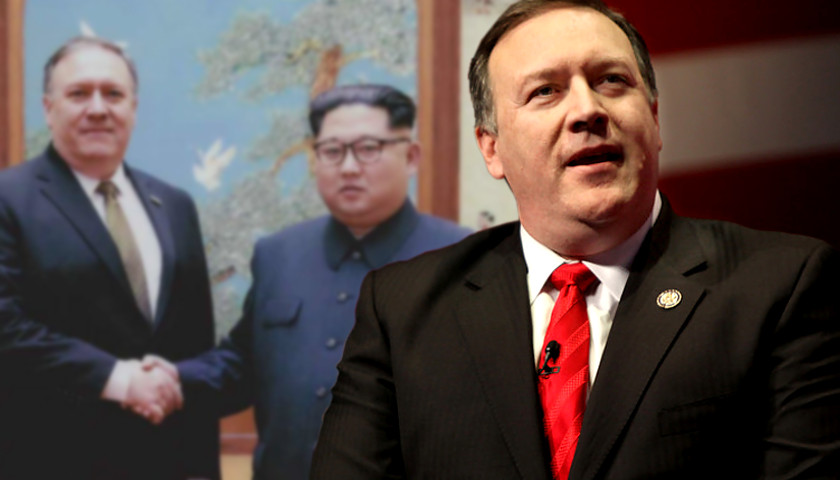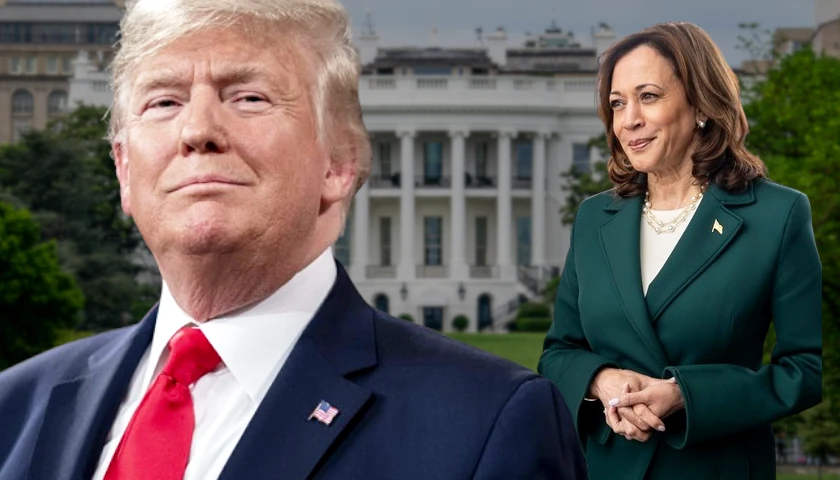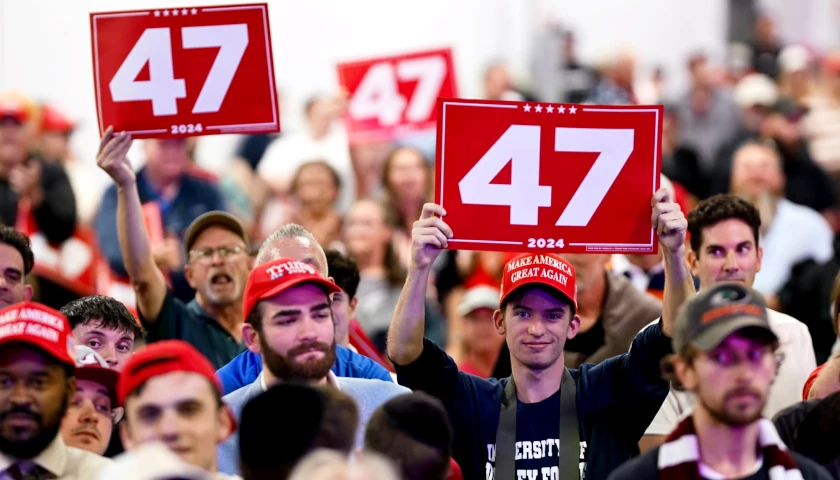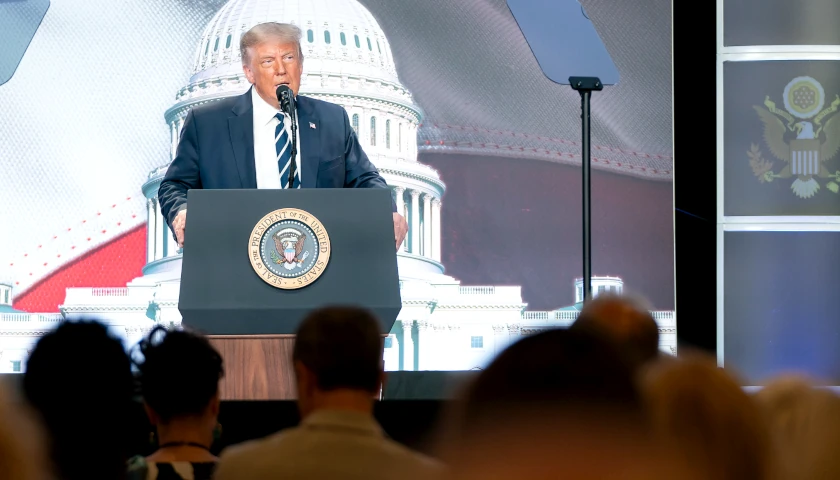U.S. Secretary of State Mike Pompeo urged North Korea on Sunday to replicate Vietnam in forging a new relationship with the United States, much like Hanoi has done five decades after the Vietnam War against the U.S. ended.
The top U.S. diplomat, visiting the Vietnamese capital after two days of talks in Pyongyang aimed at dismantling North Korea’s nuclear weapons program, said 23 years of normalized U.S. relations with Vietnam should be proof to North Korean leader Kim Jong Un that the U.S. can create new ties with former foes.
“We know it is a real possibility because we see how Vietnam has traveled this remarkable path,” Pompeo said.
Pompeo downplayed North Korea’s accusation that the U.S. had made “gangster-like” demands that it abandon its nuclear program and that their talks were “regrettable.”
“If those requests were gangster-like, the world is a gangster,” Pompeo said, as he noted that the U.N. Security Council has demanded numerous times that the North dispose of its nuclear weapons and end its ballistic missile program.
He said the fact that the U.S. is “cooperating— and not fighting” with Vietnam “is proof that when a country decides to create a brighter future for itself alongside the United States, we follow through on American promises.”
He reiterated President Donald Trump’s pledge to boost North Korea’s economy and provide it with security assurances in exchange for Kim giving up nuclear weapons.
“In light of the once-unimaginable prosperity and partnership we have with Vietnam today,” Pompeo said, “I have a message for Chairman Kim Jong Un: President Trump believes your country can replicate this path. It’s yours if you’ll you seize the moment. This miracle can be yours. It can be your miracle in North Korea as well.”
But earlier, in Tokyo, Pompeo said sanctions will remain in place on North Korea “until final, fully verified denuclearization as agreed to by Chairman Kim occurs.”
Speaking alongside his South Korean and Japanese counterparts, Pompeo said, “While we are encouraged by the progress of these talks, progress alone does not justify the relaxation of the existing sanctions regime.”
The secretary said there will be a verification process “connected to the complete denuclearization,” adding, “It’s what President Trump and Chairman Kim both agreed to.”
The top U.S. diplomat continued to describe his conversations with senior North Korean officials as “productive,” even as North Korea attacked the U.S. negotiating stance.
Pompeo said the North Korea diplomats “did not push back” in his discussions with them in Pyongyang. He said he is “hopeful” there will be a “path forward” in negotiations with North Korea.
Pyongyang said the outcome of the talks was “very concerning” because it initiated a “dangerous phase that might rattle our willingness for denuclearization that had been firm.”
Pompeo’s third trip to North Korea this year occurred amid reports of American intelligence assessments that Kim is continuing to develop the infrastructure for his nuclear program. U.S. news accounts in recent days have shown pictures of what is said to be the expansion of nuclear-related buildings in North Korea.
Speaking Thursday aboard Air Force One on a trip to Montana, Trump said he still believes Kim will follow through on his promise to denuclearize and that he forged a personal connection with the leader at their Singapore summit last month.
“I think we understand each other. I really believe that he sees a different future for North Korea,” Trump told reporters. “I hope that’s true. If it’s not true, then we go back to the other way, but I don’t think that’s going to be necessary.”
Trump’s national security adviser, John Bolton, says North Korea could dismantle its nuclear arsenal within a year, but other U.S. officials have said they hope it can be accomplished by the end of Trump’s first term in the White House, in January 2021.




